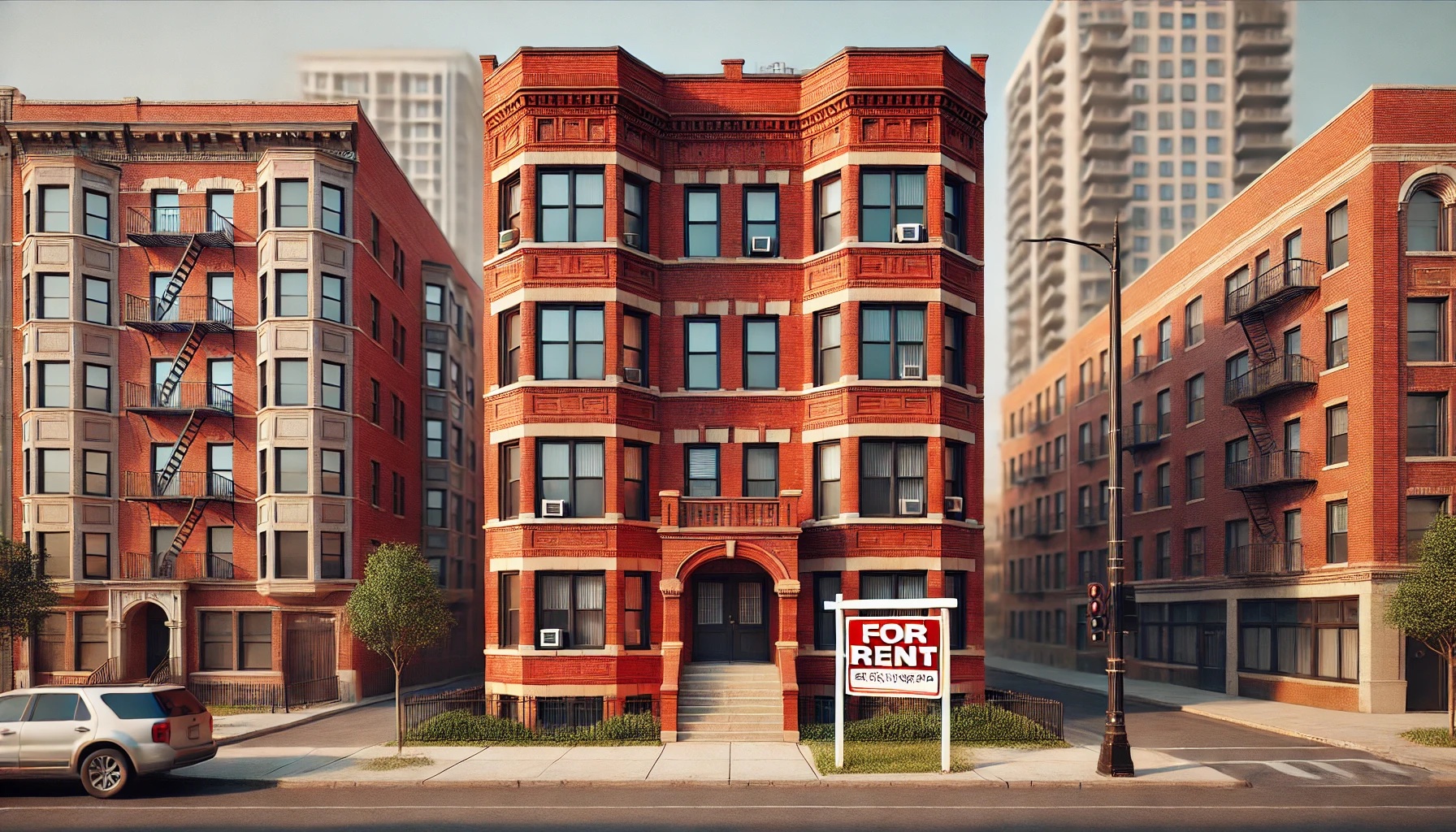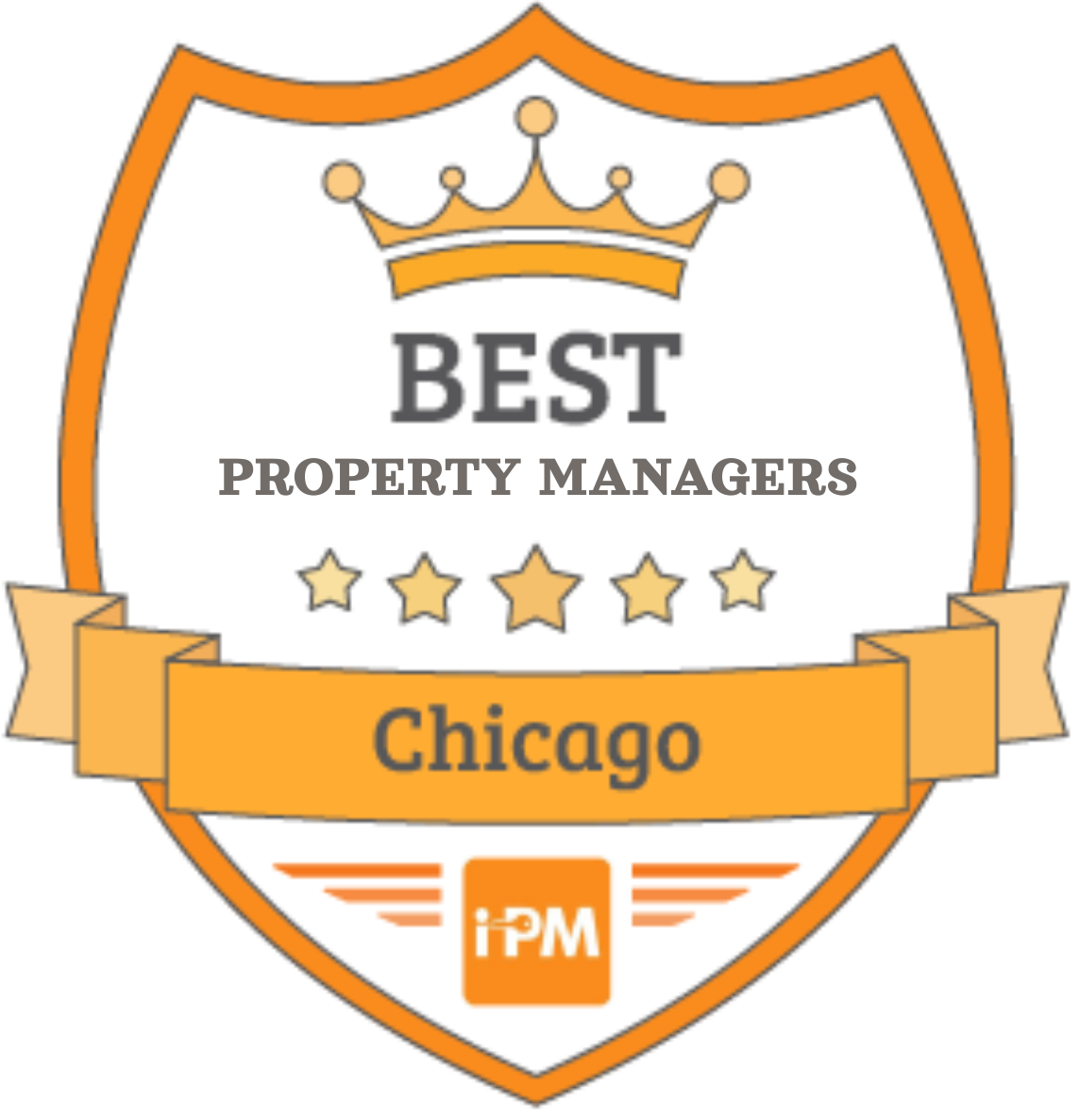At the end of the day, your goal as a real estate investor is to make money! Right?!? Over the years I’ve talked to many investors that end up not making what they intend, nothing at all, or even losing money on their properties. Before you jump into a relationship with a property management company you will want to consider what it will take to make it cost efficient. This doesn’t mean choosing the cheapest option and it goes beyond mere tenant communication — it's about ensuring your investment remains lucrative and well-maintained over the long haul. Understanding how to budget for property management services is essential. I’m creating this guide to give you my industry insights tailored to the unique aspects of the Chicago real estate market, helping you make informed decisions about property management expenses.
Understanding Property Management Fees in Chicago

What Are the Typical Costs?
I just wrote a blog on “Standard Property Management Fees: What are you Paying for in Chicago,” that goes into more detail so please check it out if you haven’t.
A general overview of this, in Chicago, property management fees typically range from 8% to 12% of the monthly rental income. Additional fees might include leasing fees, renewal fees, and maintenance markups. Given the city’s diverse property types and tenant demographics, these percentages can fluctuate based on the location and type of property managed.
Not every management company has the same fees so make sure you do your research and understand what you are paying for. I also would stress here that you typically get what you pay for, so finding a fair price and not the cheapest is going to be your best bet to make sure your property is well cared for and in turn bring in the greatest ROI.
Comprehensive Budgeting for Property Management

1. Analyze Your Rental Income:
Chicago-Specific Considerations: Factor in the seasonal fluctuations in rental demand which can affect occupancy rates, especially in areas popular with students or seasonal workers.
Example: If your condominium near the Loop earns $2,500 a month in rent and the management fee is 10%, your monthly allocation for management would be $250.
Free Rental Analysis: If you’re struggling to figure out what your property will rent for, we can run a free rental analysis using the latest AI to help identify comparable properties in your area and dial in what you should be charging to stay competitive. Fill out your property address and our system will do the rest within minutes. You can also call for a more in depth dive into your property and goals. We are happy to help!
2. Evaluate Cost vs. Benefit:
Long-term Savings:
Details: Effective property management can minimize costly turnovers and vacancies, particularly crucial in Chicago’s fast-paced market.
Example: Consider a property in Chicago's Lincoln Park area, where the average rental can command premium prices. With effective management, the property remains competitive, well-maintained, and attractive to potential tenants. For instance, a well-managed property might experience only a 4% vacancy rate annually, compared to the neighborhood average of 8%. This reduction effectively keeps thousands of dollars in the landlord’s pocket, not just from retained rental income but also from avoiding frequent turnover costs such as painting, deep cleaning, minor repairs, and marketing for new tenants.
Risk Mitigation:
Details: Staying compliant with Chicago’s specific regulations, like the Chicago Residential Landlord and Tenant Ordinance (RLTO), can save you from potential legal troubles.
Example: The RLTO requires landlords to maintain a strict protocol for security deposit handling, including holding it in a federally insured interest-bearing account and returning it within 45 days after a tenant moves out. Failing to comply can lead to hefty fines—up to twice the deposit plus interest and attorney fees. Let’s say a property management firm oversees this process diligently, ensuring compliance with these regulations for a building with 20 units, each with a $1,500 security deposit. By adhering to these laws, the management helps avoid potential legal fees and fines that could easily exceed $60,000 (twice the total of one month’s deposits) in case of non-compliance.
Tips for Efficient Budgeting in Chicago:

1. Set a Realistic Budget:
Details: Considering Chicago’s higher property costs and potential for rapid market changes, it's wise to include a flexible buffer in your budget.
Example: Imagine you own a rental property in the West Loop where average monthly expenses, including mortgage, taxes, maintenance, and management, typically run around $2,500. Given the volatility of the Chicago market, it’s important to budget an additional 10-15% buffer. This means setting aside an extra $250-$375 monthly to cover unexpected increases in property taxes or sudden repairs needed due to Chicago’s harsh winters, etc.
2. Use a Reserve Fund:
Details: Establish a reserve fund for unexpected expenditures, particularly for older properties which may face unforeseen maintenance issues. We always hold $500 per unit in our owners account and have it reimbursed as it is used on their property. This is their money not a fee, but it is on hand then in case of emergency or repair.
Example: If you own a vintage brownstone in the Gold Coast area, historical charm might come with unexpected repair needs like plumbing issues or facade maintenance. By setting up a reserve fund that accumulates $250 monthly or has a set cap amount like ours, you create a financial cushion that can absorb these unforeseen costs without disrupting your regular cash flow, potentially saving thousands in emergency repairs.
3. Review Annually:
Details: Be aware of changes in local real estate laws and market conditions. Annually adjusting your budget to reflect these changes can prevent financial surprises.
Example: Suppose property tax rates in Chicago increase due to legislative changes. By reviewing your budget annually, you notice an average increase of 5% in property taxes across your portfolio. Early recognition allows you to adjust your rental prices or cut unnecessary expenses to maintain profitability, ensuring you're not caught off-guard financially at the end of the fiscal year. Your property management company should be running numbers and making these adjustments to your rent as needed.
4. Understand Local Market Dynamics:
Details: Engage with local market analyses frequently to adapt your investment strategy to the latest market conditions, ensuring your budgeting remains effective.
Example: As redevelopment expands in neighborhoods like Pilsen or Logan Square, property values and rental demand may rise. By staying informed through regular market analyses, you can strategically invest in minor property upgrades that significantly boost appeal and rental rates, leveraging the evolving market dynamics to enhance your return on investment. For instance, upgrading kitchens and bathrooms in response to the growing demand for modern amenities in these areas may allow you to increase rents by 10-25%, optimizing your income based on current trends.

Budgeting for property management services in Chicago involves detailed planning and an understanding of local market nuances. With the right approach, you can ensure your property not only sustains its value but also grows in profitability. No matter who you end up talking to or hiring, make sure you take the time to read reviews and do your due diligence! I can’t stress this enough.
Are you ready to talk to us about your property investment in Chicago? Contact Landmark Property Management today for a detailed analysis and a tailored management strategy that fits your budget and meets your investment goals!






.png)


